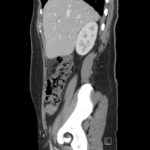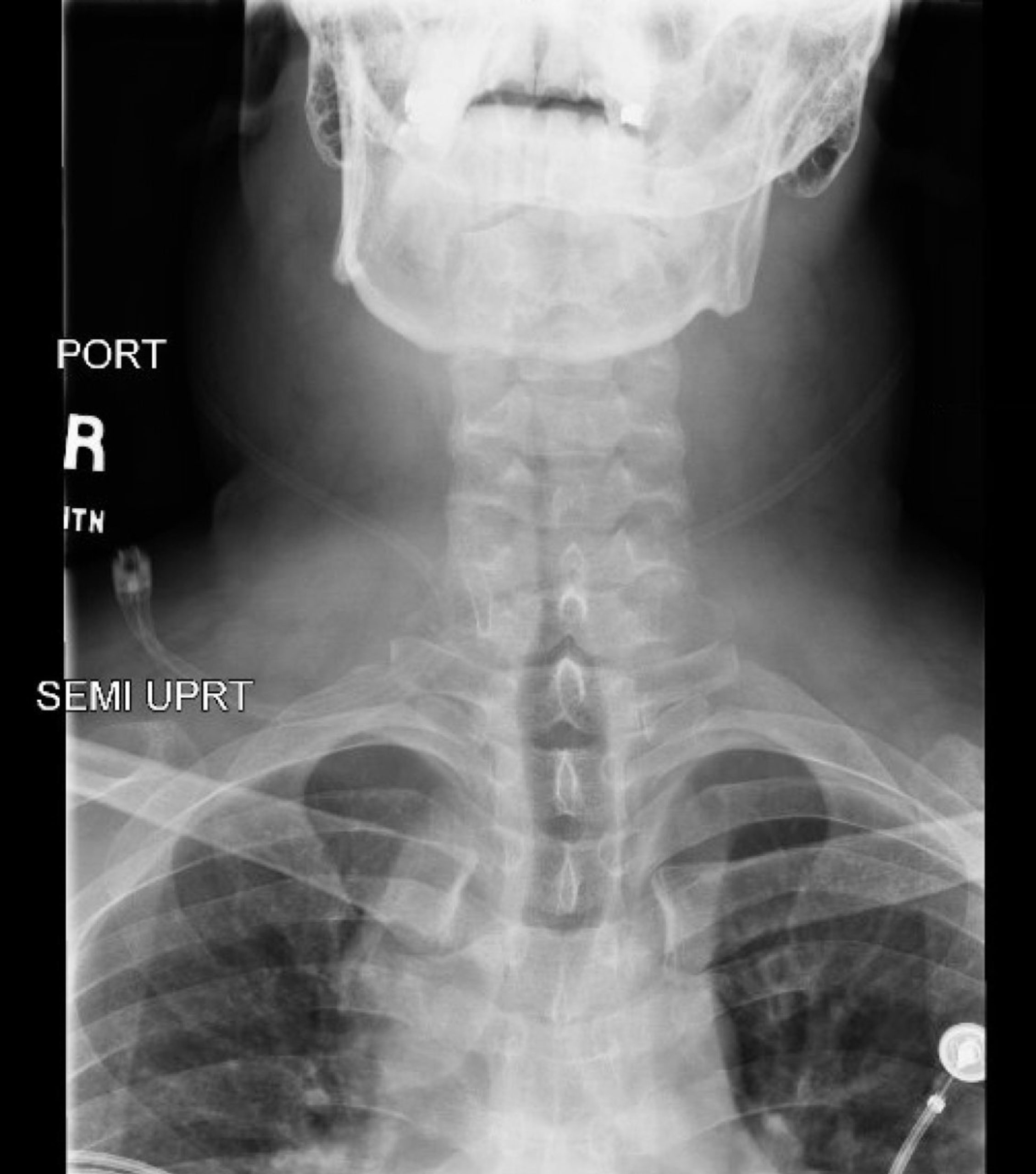Fitz Hugh Curtis Case Report
ABSTRACT:
Fitz-Hugh Curtis syndrome (FHCS) is a rare sequela of pelvic inflammatory disease that must be included on the differential in patients with abdominal pain, particularly if they have risk factors for sexually transmitted infections. In this case, a 25-year-old female with a past history of Chlamydia presented to the emergency department with vaginal discharge and right upper quadrant pain. Complete blood count showed a mild leukocytosis, and computed tomography demonstrated fat stranding inferior to the liver and along the right colon. The patient was diagnosed with Fitz-Hugh Curtis syndrome and admitted for intravenous (IV) antibiotics. After 48 hours of IV antibiotics she was discharged with a 14-day course of doxycycline and metronidazole. Multiple bacterial species have been implicated in FHCS, including but not limited to Chlamydia trachomatis, Neisseria gonorrheae, Mycoplasma genitalium, Peptostreptococcus spp., and Prevotella spp. Therefore, careful consideration should be given to the choice of antimicrobial treatment.
Topics:
Fitz-Hugh-Curtis syndrome, perihepatitis, pelvic inflammatory disease, sexually transmitted disease.







